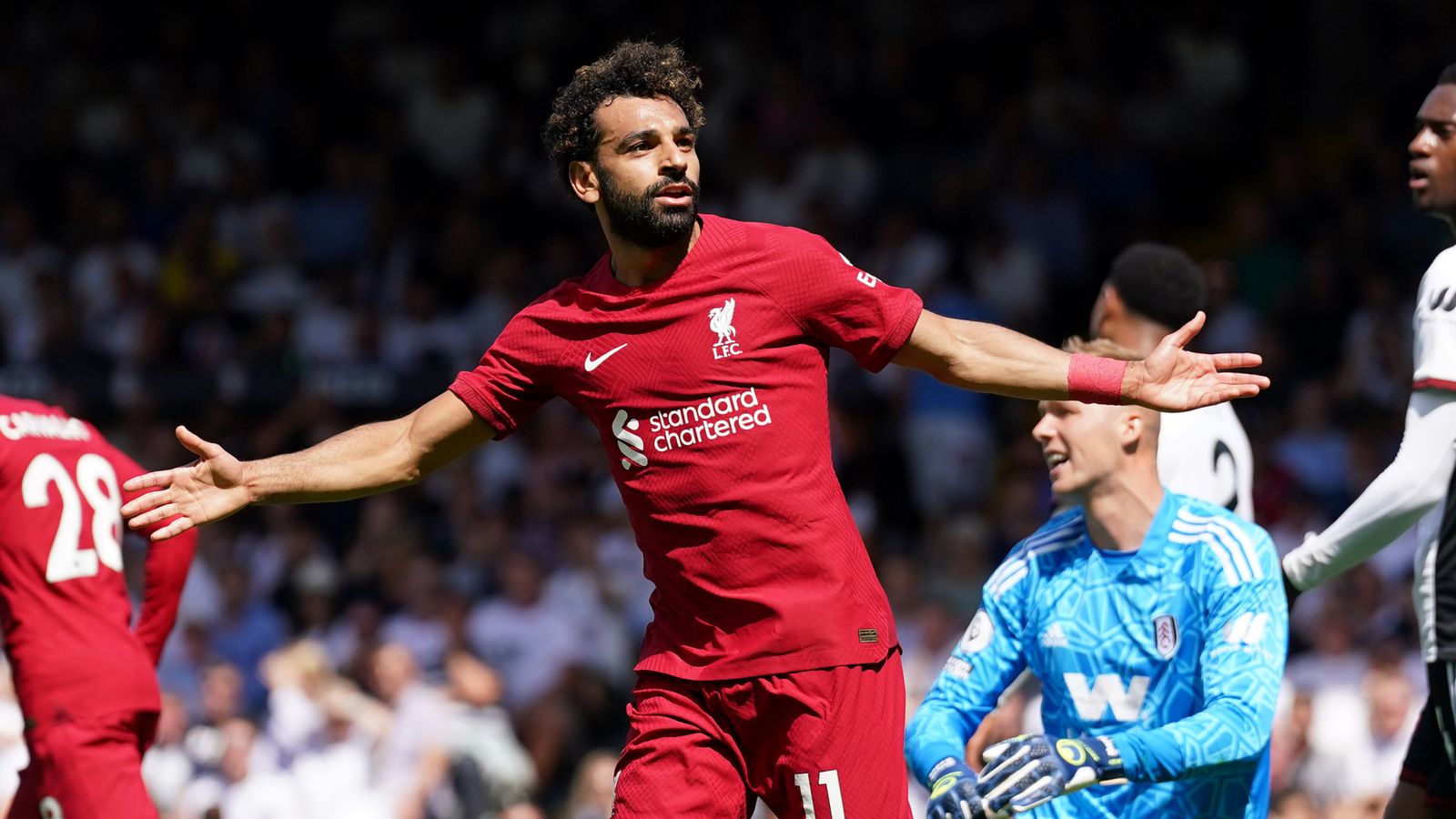I just returned from Liverpool, where I watched the Premier League game between Liverpool and Fulham at the legendary Anfield stadium.
The match was a thriller, with an early goal scored against Liverpool and a red card sending one of their players off, leaving the team with 10 players for the next 75 minutes.
To say the match was a thriller is an understatement. Playing with 10 men, Liverpool managed to equalise twice—from 0-1 to 1-1 and then from 1-2 to 2-2—thanks to the resilience of the team and the masterful interventions of Arne Slot, Liverpool’s coach. The way Liverpool clawed their way back into the game was truly a thing of terrifying beauty.
But what stood out the most to me was the role of the fans—the “12th player” on the field.
There’s no doubt that fans play a crucial role in the game, underpinned by tribal dynamics and primordial underpinnings. Here are some key examples:
1. Uplifting Chants and Songs
Fans constantly encourage their team through chants, songs, and uplifting slogans. Whether it’s a collective cheer—“Liverpool, Liverpool!”—or the powerful anthem “You’ll Never Walk Alone”, the sound resonates through the stadium like a tribal call to arms. Individual players also receive their hero’s chant:
“Mo Salah! Mo Salah! Mo Salah! Running down the wing! Mo Salah la-la-la la-ahh, The Egyptian King!”
2. Vocal Criticism of Opponents and the Referee
Fans also promote a sense of vigilance and tribal justice through critical behavior—booing opposing players for fouls or time-wasting tactics and loudly protesting refereeing decisions they perceive as unjust. The referee, acting as a neutral tribal arbiter of order, cannot help but feel the pulse of the crowd. The “tribe” (fans) serves as both witness and watchdog, holding the authority figure accountable, ensuring decisions are fair and justice is upheld.
3. Creating Psychological Pressure
The energy of the crowd exerts a tangible psychological impact on both teams. For Liverpool, the fans’ unwavering support lifts spirits, drives momentum, and instills belief in victory. For the opposing team, the relentless noise can feel suffocating, breaking focus and confidence—a modern-day equivalent of the tribal war cry used to intimidate enemies on the battlefield.
This dynamic is what makes Anfield so legendary. Liverpool’s fans are not passive spectators but active participants, feeding their energy into the game like a lifeline. In a match where Liverpool played most of the game with 10 men, the fans became the “12th player”—a force of nature that helped tilt the scales back in their favor.
Much like in teams and organizations, belief and collective support can shift the outcome—even when the odds are against you.
The power of the crowd serves as a profound reminder:
Victory is not just about skill or tactics. It’s about belief, unity, and the unrelenting support of your tribe.
Who is your tribe? Who cheers you on, lifts you up, and pushes you forward when the odds are against you?
Let me know in the comments below!
Philippos


